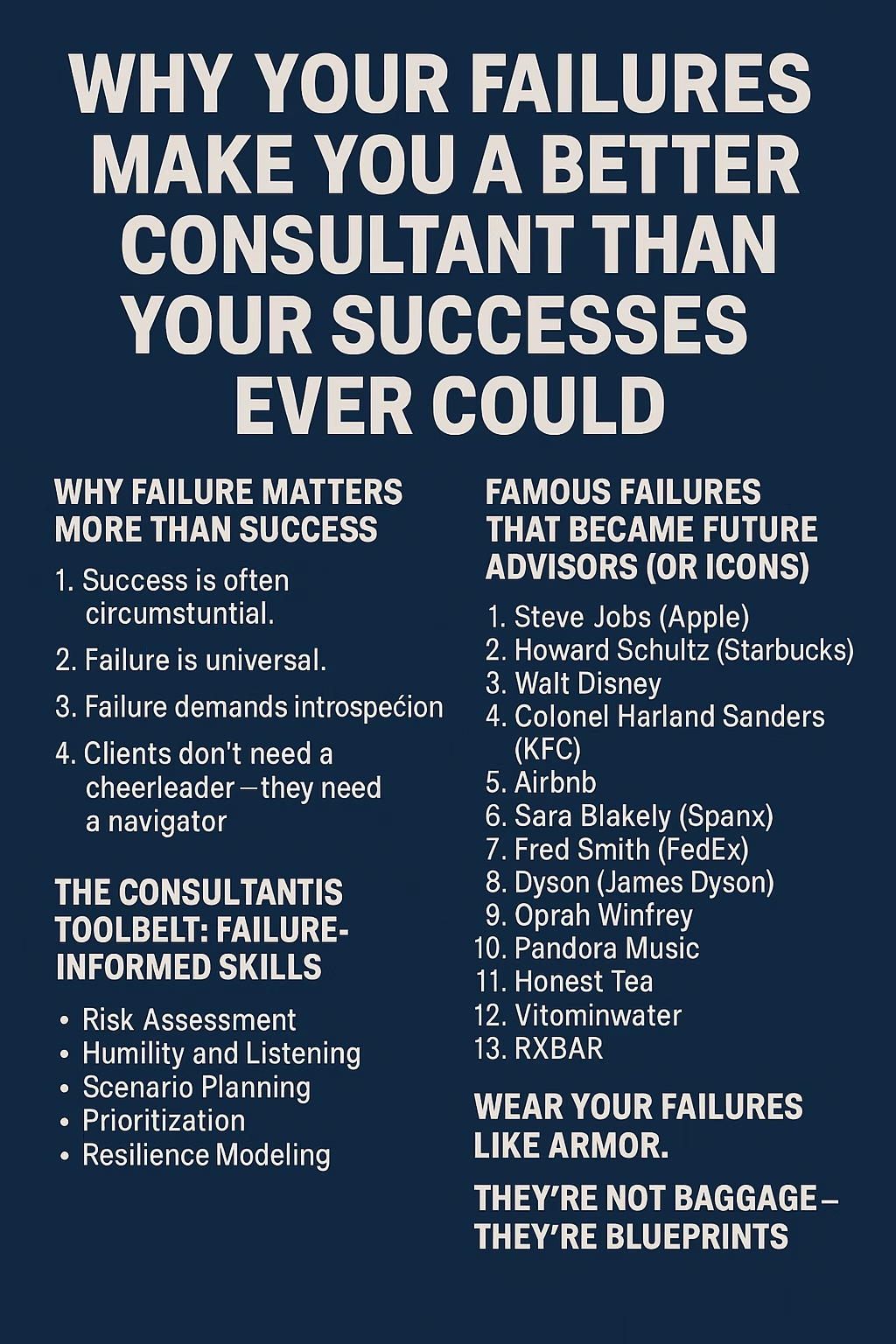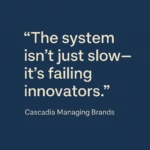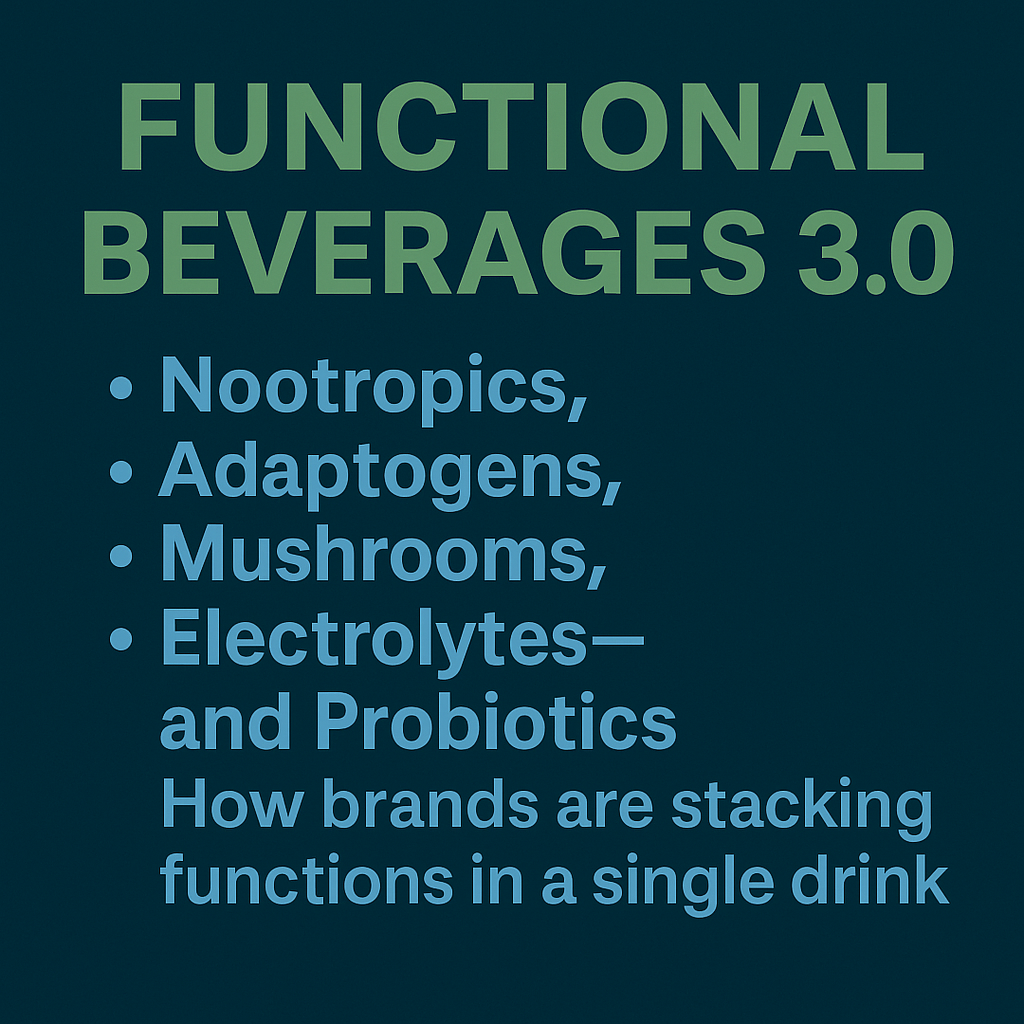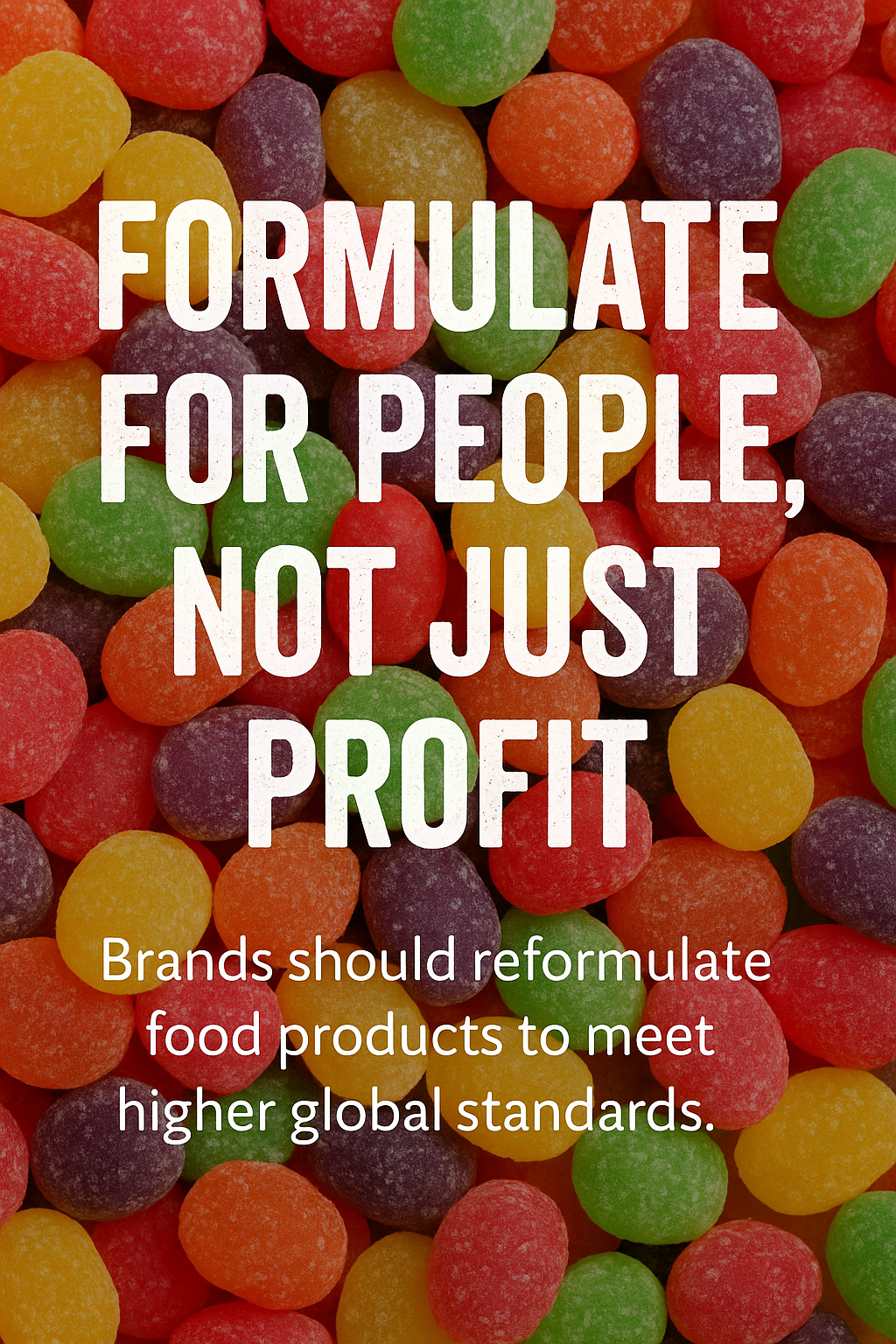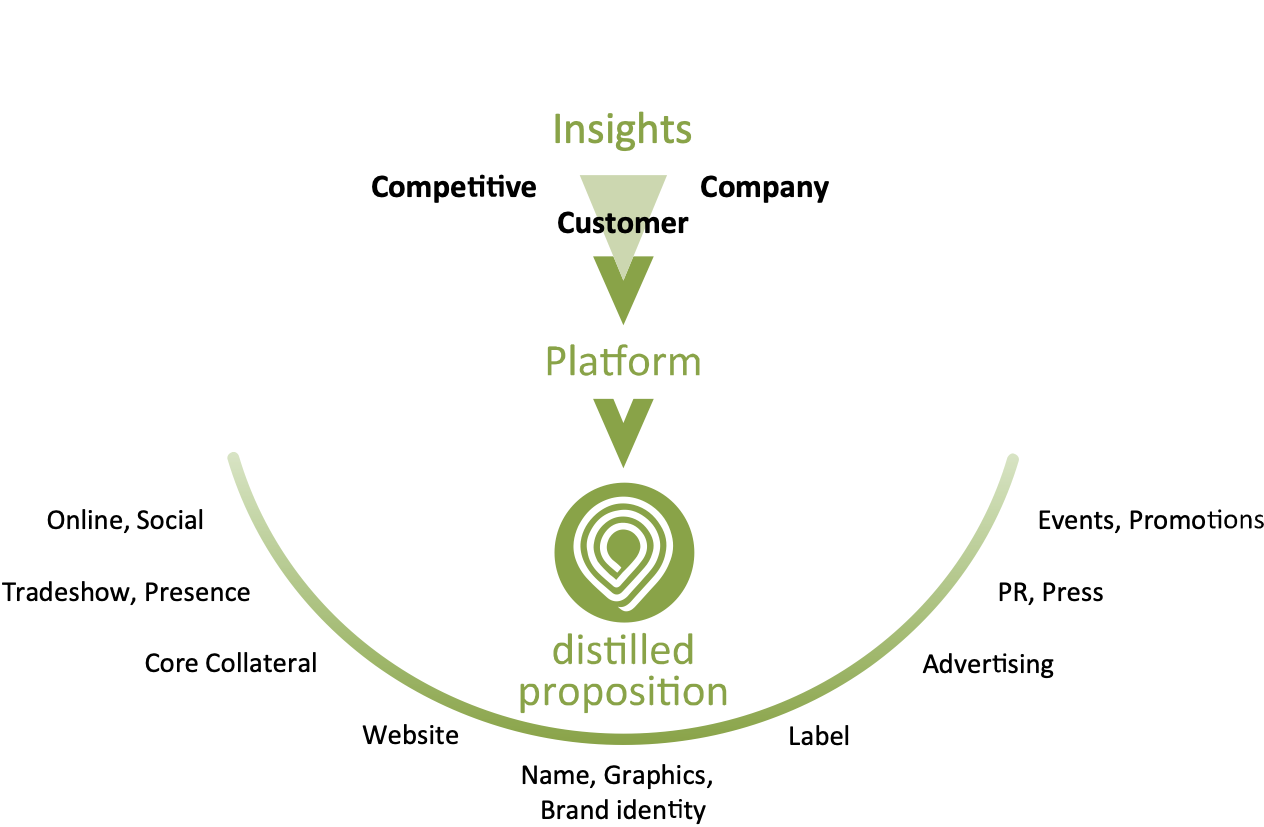The functional beverage space is evolving—fast. What started with protein shakes and vitamin waters has transformed into a sophisticated market…
Why Your Failures Make You a Better Consultant Than Your Successes Ever Could
Introduction
In a world obsessed with success stories, polished case studies, and perfect LinkedIn posts, there’s one truth that rarely gets enough airtime: your failures are often the most valuable assets you bring to the table as a consultant.
Success might get your foot in the door, but failure is what your clients actually need to hear about—because your failures come with blueprints for what not to do. They expose the blind spots. They carry the scars of real-world experience. And they’re often the most powerful tools for avoiding costly mistakes.
The path to becoming a great advisor is not paved only with wins—but with lessons earned in the trenches.
Why Failure Matters More Than Success
- Success is often circumstantial. Timing, luck, and external factors can all contribute.
- Failure is universal. Everyone encounters it—and everyone fears it.
- Failure demands introspection. When something doesn’t work, it forces analysis, process evaluation, and humility.
- Clients don’t need a cheerleader—they need a navigator. They need someone who has been through storms and lived to chart a better course.
The Psychological Edge of Failure
Clients are humans. They come with fear, pride, ego, insecurity, and pressure. When you, as a consultant, show them that you’ve failed—and recovered—you create psychological safety.
They open up. They trust you more. They believe that you’ll guide them not only through theory but through chaos.
And more importantly, they’ll feel less ashamed of their own missteps. You normalize failure and reframe it as a stepping stone instead of a red flag.
Famous Failures That Became Future Advisors (or Icons)
1. Steve Jobs (Apple)
Takeaway: Ego and control without collaboration can kill momentum. Rebuilding from failure can give rise to reinvention.
2. Howard Schultz (Starbucks)
Takeaway: The market might not understand your vision at first. Stick with it and refine—not abandon—your concept.
3. Walt Disney
Takeaway: Bankruptcy doesn’t define your creativity. Resilience, vision, and evolution matter more.
4. Colonel Harland Sanders (KFC)
Takeaway: Persistence, not youth or timing, defines opportunity. Sometimes you’re not late—you’re just early.
5. Airbnb
Takeaway: Don’t listen to every expert. Some of the best ideas sound ridiculous until they succeed.
6. Sara Blakely (Spanx)
Takeaway: Inexperience can be an asset. It allows fresh thinking and forces creative problem-solving.
7. Fred Smith (FedEx)
Takeaway: Desperation and belief can coexist. Tight spots reveal resourcefulness.
8. Dyson (James Dyson)
Takeaway: Obsession with solving a real problem—even in the face of repeated rejection—is a consultant’s greatest mindset.
9. Oprah Winfrey
Takeaway: What looks like a flaw in one context can become your unique advantage elsewhere.
10. Pandora Music
Takeaway: Pivoting is not failure—it’s adaptation. Clients need to know when to stay the course and when to evolve.
11. Honest Tea
Takeaway: Early operational failures can be overcome with quality, branding, and mission clarity.
12. Vitaminwater
Takeaway: Audience misalignment is common. The solution isn’t always product reformulation—it’s reframing the story.
13. RXBAR
Takeaway: Sometimes disruption doesn’t come from product—it comes from packaging and truth-telling.
The Consultant’s Toolbelt: Failure-Informed Skills
- Risk Assessment
- Humility and Listening
- Scenario Planning
- Prioritization
- Resilience Modeling
How to Turn Your Failures into Consulting Gold
- Own Them. Don’t bury your failures—broadcast them (strategically).
- Extract Lessons. For each major failure, write down 3–5 things you learned.
- Tell the Stories. Everyone loves a comeback story—especially one they can learn from.
- Diagnose With Empathy. You’ve been there. Use that.
- Offer What You Never Got. Be the advisor you once needed.
- Create a “Failure Resume.” Showcase your biggest mistakes and what they taught you.
- Teach Through Contrast. Share both the flop and the fix.
Conclusion
Clients don’t need a flawless consultant—they need a real one. The one who’s tried, failed, and learned the hard way. The one who’s battle-tested. The one who can see danger coming before it hits.
If all you have are polished victories, you’re a walking highlight reel. But if you’ve made mistakes, recovered, and grown from them—then you’re a living instruction manual on how to actually build something that lasts.
Wear your failures like armor. They’re not baggage—they’re blueprints.
If you’re a food and beverage entrepreneur, executive, or brand owner, ask yourself: Do you want someone who’s read the playbook—or someone who helped rewrite it after it caught fire?
Let me know if you’d like this turned into a branded PDF or slide deck!

